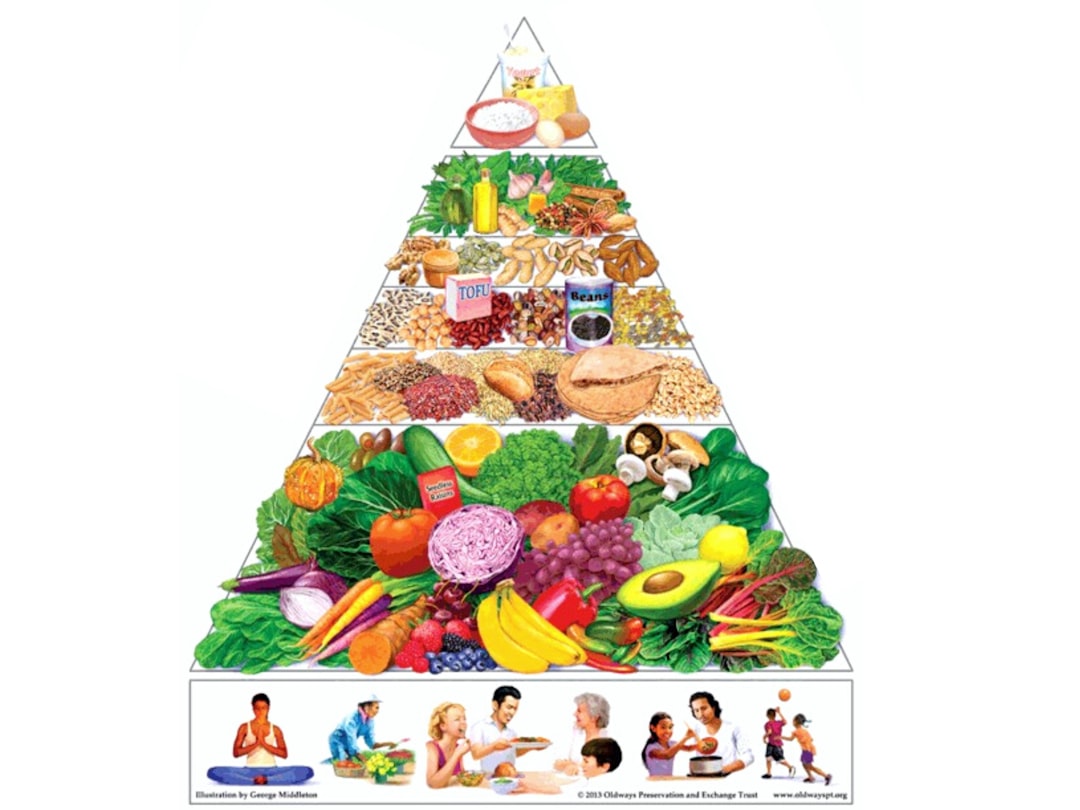
Boost Energy Naturally with Cardiovascular Nourishment Insights
In today’s fast-paced world, maintaining high energy levels is essential for productivity and overall well-being. One effective way to boost energy naturally is through cardiovascular nourishment. By focusing on the right foods and lifestyle choices, you can enhance your heart health and increase your energy levels. This guide delves into the concepts of cardiovascular nourishment and how they can help you feel more energized day-to-day.
Understanding Cardiovascular Nourishment
Cardiovascular nourishment refers to the dietary choices that support heart health while simultaneously enhancing energy. Foods rich in antioxidants, vitamins, minerals, and healthy fats promote optimal blood circulation and heart efficiency. Recent studies have shown that a healthy cardiovascular system is crucial for sustaining energy levels, as it ensures that oxygen and nutrients are effectively delivered to all body tissues.
Key Nutrients for Energy and Heart Health
-
Omega-3 Fatty Acids: Found in fatty fish like salmon, walnuts, and flaxseeds, omega-3 fatty acids are pivotal for reducing inflammation and promoting heart health. Incorporating these into your diet can also lead to improved energy levels.
-
Complex Carbohydrates: Foods such as whole grains, legumes, and vegetables provide a steady release of glucose, ensuring sustained energy throughout the day. Unlike refined carbohydrates, complex carbs help maintain stable blood sugar levels.
-
B Vitamins: These vitamins, particularly B6, B12, and folate, are essential for energy production. Foods like eggs, dairy, leafy greens, and fortified cereals can help you meet your daily needs.
-
Antioxidants: Fruits and vegetables, especially berries, spinach, and nuts, are loaded with antioxidants that combat oxidative stress. This stress can drain energy and negatively impact heart health.
-
Magnesium: This mineral plays a crucial role in energy production and muscle function. Foods rich in magnesium include nuts, seeds, whole grains, and green leafy vegetables.
Daily Strategies for Boosting Energy
-
Eat a Balanced Breakfast: Start your day with a combination of protein, healthy fats, and complex carbohydrates. Options like oatmeal topped with nuts and berries or a smoothie with spinach and yogurt can provide a fantastic energy boost.
-
Stay Hydrated: Dehydration can lead to fatigue. Aim for at least 8-10 glasses of water daily. Herbal teas and water-rich fruits and vegetables can also contribute to hydration.
-
Incorporate Regular Exercise: Engaging in moderate aerobic activities, such as walking, cycling, or swimming, can enhance cardiovascular health and energy levels. Aim for at least 150 minutes of moderate intensity exercise each week.
-
Prioritize Sleep: Quality sleep is fundamental for restoring energy levels. Aim for 7-9 hours of uninterrupted sleep each night. Creating a calming bedtime routine can significantly improve sleep quality.
-
Manage Stress: Chronic stress can deplete energy. Techniques such as mindfulness, yoga, or deep-breathing exercises can help manage stress levels effectively.
Common Misconceptions
One common misconception is that energy-boosting foods are often synonymous with sugary snacks or caffeinated beverages. While these may provide a temporary boost, they can lead to energy crashes and are detrimental to cardiovascular health in the long run. Instead, focus on whole, nutrient-dense foods that promote sustained energy levels.
Another misconception is that people believe they need to consume excessive amounts of protein to feel energized. While protein is essential, a balanced diet comprising various nutrients is crucial for optimal energy production and heart health.
Encouragement on Your Wellness Journey
Embarking on a journey towards better health can be challenging, but small, consistent changes can yield significant results. Start by incorporating one or two of the strategies mentioned above into your daily routine. Remember, everyone’s body is different, so listen to your body and make adjustments as needed.
Further Reading and Resources
To expand your knowledge on cardiovascular nourishment and energy-boosting foods, consider exploring the following resources:
- Harvard Health: The Benefits of Eating Healthy Fats
- Mayo Clinic: Nutrition and Healthy Eating
- American Heart Association: Nutrition
Incorporating these insights into your life can significantly enhance your energy levels and overall cardiovascular health. By making informed dietary choices and adopting healthy habits, you’re taking essential steps toward a more vibrant, energetic life.


